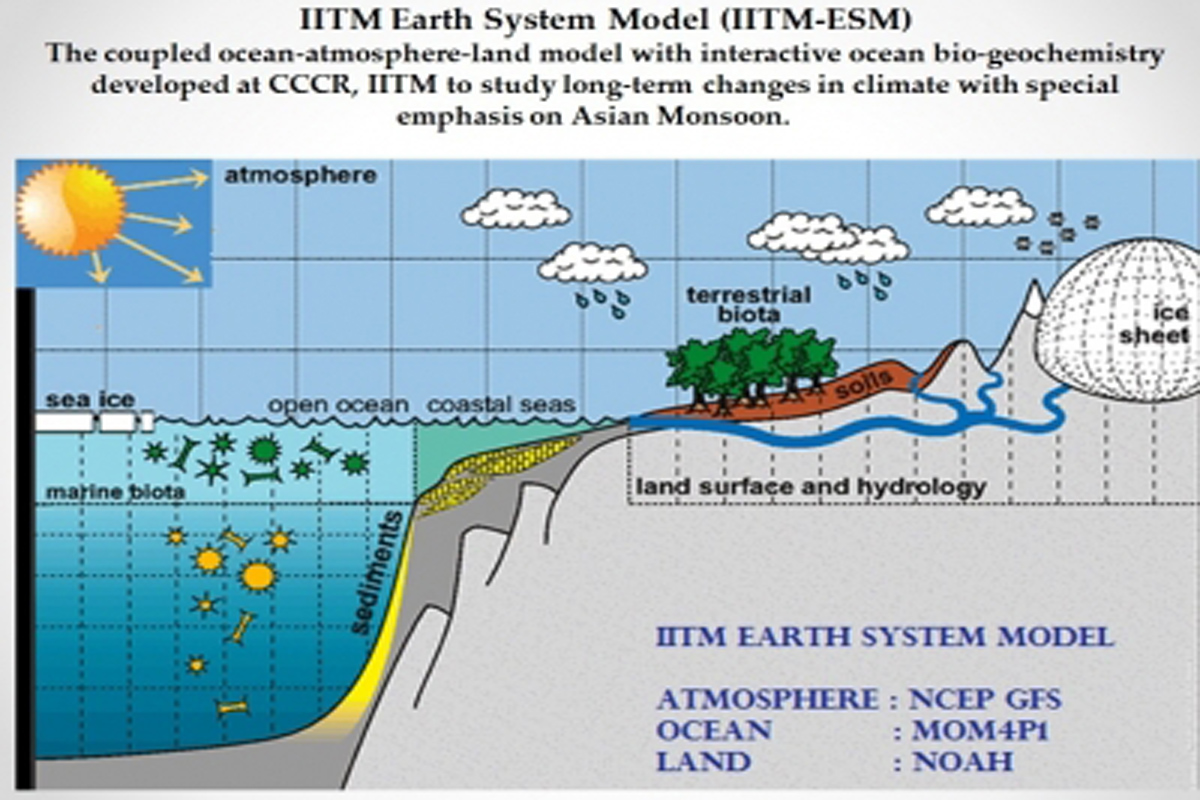TN budget to allocate for climate change mitigation efforts
Union minister of Fisheries and Animal Husbandry, Purushottam Rupala had in Parliament on Tuesday said that Tamil Nadu ranks fourth with 41 per cent of its coastal line may be eroded
R. Krishnan Raghavan and Swapna Panickal from Pune’s Indian Institute of Tropical Meteorology (IITM) are the two scientists who have worked on and are associated with the state-of-the-art Earth System Model (ESM) that can better predict the impact of climate change on the Indian monsoon/South Asian monsoon.

Photo: IANS
It is the most up-to-date physical science understanding of the climate system and climate change for the whole world. And, for the first time, India’s indigenously developed climate model is part of the Intergovernmental Panel on Climate Change’s report in connection with the south Asian monsoon.
R. Krishnan Raghavan and Swapna Panickal from Pune’s Indian Institute of Tropical Meteorology (IITM) are the two scientists who have worked on and are associated with the state-of-the-art Earth System Model (ESM) that can better predict the impact of climate change on the Indian monsoon/South Asian monsoon.
Advertisement
“India had always complained to the IPCC that it considered the models from developed countries only and never from any developing world. So, finally this time, for the first time, IPCC has taken into consideration our Earth System Model (ESM) developed by IITM, Pune,” former Secretary, Ministry of Earth Sciences, Dr Madhavan Rajeevan told IANS.
Advertisement
This was possible because, unlike earlier times when a large chunk of geographical areas remained unrepresented, the AR6 is aiming at providing climate change impact region-wise so that the targeted information is available to the respective governments to act upon timely to plan and implement mitigative measures.
There are several other Indian authors and reviewers involved in the tedious process of bringing out the in-depth assessment for climate change and its impact across the world.
When asked which Indian / Asian reports were being considered and used by IPCC, Dr Panickal said, while several studies from the region were considered, it was the Ministry of Earth Sciences’ 2020 report on ‘Assessment of Impact of Climate Change in the Indian Region’ that has been taken note of in the IPCC report.
Advertisement